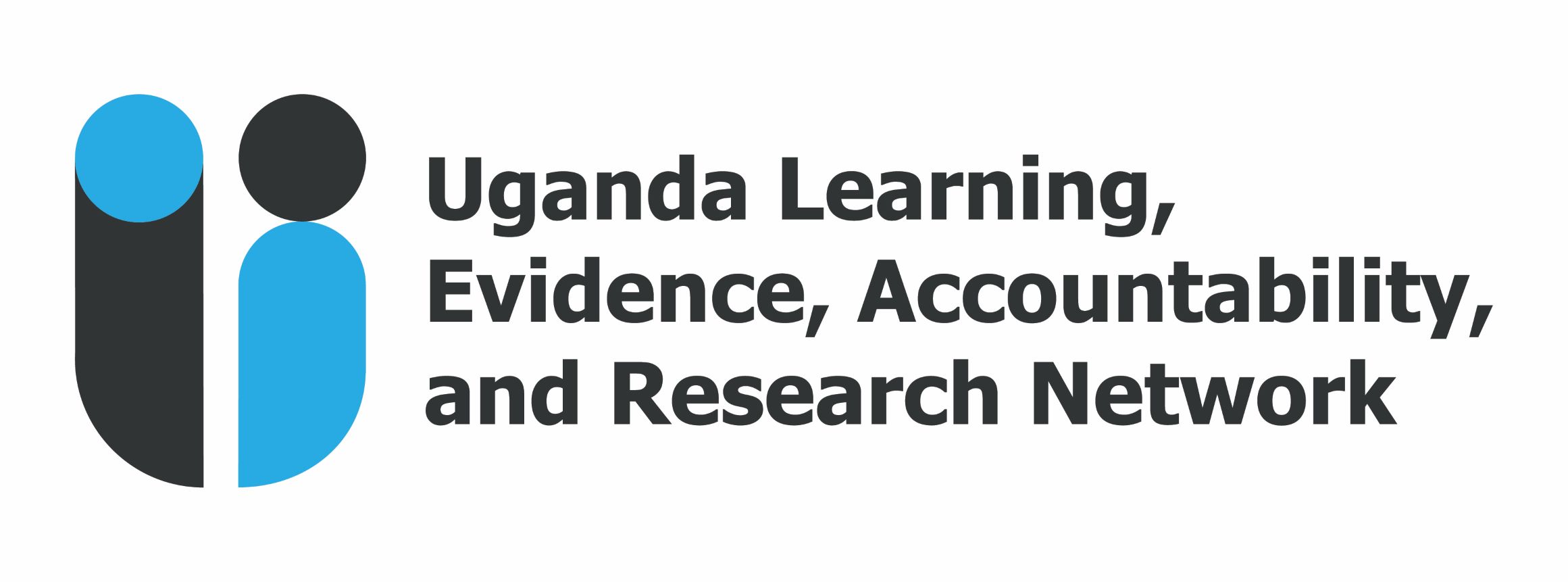07 Mar Videos from the harmonisation of CVA workshop sessions
In partnership with the Uganda Cash Working Group, U-Learn hosted a hybrid workshop (with both in-person and online attendees) that successfully brought together private sector, humanitarian and development actors, as well as policy makers in one room to discuss Cash and Voucher Assistance (CVA) harmonization and a common cash approach in the Uganda Refugee Response.
CVA actors – including Financial Service Providers (FSP), donors, implementers and technical specialists – discussed new evidence on financial services both from the user and provider perspectives, and exchanged ideas, questions and recommendations on how this new evidence can be used to shape the harmonisation of CVA in Uganda. The result is a policy brief that will bring together the recommendations that were formulated at the workshop; this brief will be circulated in the coming weeks.
In the videos below, we share recordings of the workshop sessions such as the presentation of the U-Learn assessment on user perspectives by the lead author Aletta Bühler, a lively Q&A session and an engaging round-table discussion with Financial Service Providers, Policy Makers and Humanitarian Actors.
Session 1 - Introduction to Cash Common Approach (CCA) by Eunice Mwende
Eunice Mwende, chair of the Cash Working Group in Uganda, gave a background on CCA in Uganda, and the objectives of Common Cash Assistance in Uganda Refugee response. She also shared on the challenges and successes of CCA so far.
Session 2 - Presentation by Aletta Buehler
Aletta Buehler, author of the research report on Financial Services in the Uganda refugee response -An assessment of user perspectives, shared on key findings from the study. Her presentation included a closer look at refugee perspectives in settlements in Uganda, as well as barriers faced by refugees and host community members in accessing financial services.
Session 3 - Presentation by Dave Van Zoonen
Dave Van Zoonen, research Manager at IMPACT Initiatives/REACH, shared on the assessment of Financial Service Providers (Cash and Voucher Assistance in Uganda). This report was developed with the CWG in December of last year.
Researchers asked FSPs about their operational presence inside the settlement, the size of their agent network, what they see as the most suitable ways for delivering cash inside the settlements, if they had any special outreach programme to increase access to their services for vulnerable populations, and issues around data protection.
Session 4 - Research Question and Answer session
The research Q&A was moderated by Giulia Montisci of IMPACT Initiatives/REACH, who oversaw the development of both reports/researches. Questions asked were collected from participants.
Session 5 - Round table Conversation
The round table discussed harmonisation of CVA delivery in the Uganda refugee response and its role in creating an inclusive financial landscape. Panelists discussed their perceptions on the findings of the FSP assessment as well as the user preference study. They also delved into an array of topics that affect CVA delivery in Uganda which include: barriers for users, challenges for suppliers, financial and digital literacy, and the regulatory environment, among others. Panel discussions will feed into a policy brief that will be used to shape the harmonisation of a CVA delivery in Uganda.
The round-table conversation was moderated by Ronald Rwakigumba from UNCDF and featured the following panelists;
- Stephan Deutscher, Head of crisis response, Policy Division at the UN WFP
- Sandrah Namazzi, Strategic Partnerships-Mobile Financial Services at MTN Uganda
- Nathan Kagunda Buku, Head Social Projects at Equity Bank Uganda Limited
- Anna Maria Trzcinska, Uganda Cash Consortium Manager at Danish Refugee Council (DRC)
- Alex Ochan, Head of Financial Inclusion Division at Bank of Uganda
Session 6 - Breakout Discussion Cut-aways
In the breakout groups, participants reflected on the presentations and discussions that were part of the workshop. They also had a technical discussion to allow participants to formulate recommendations to move the common cash forward in the Uganda refugee response.
Session 7 - Wrap up by Eunice Mwende
In this final session, Eunice Mwende shared about next steps for moving the common cash approach forward in Uganda refugee response.


